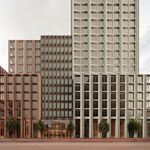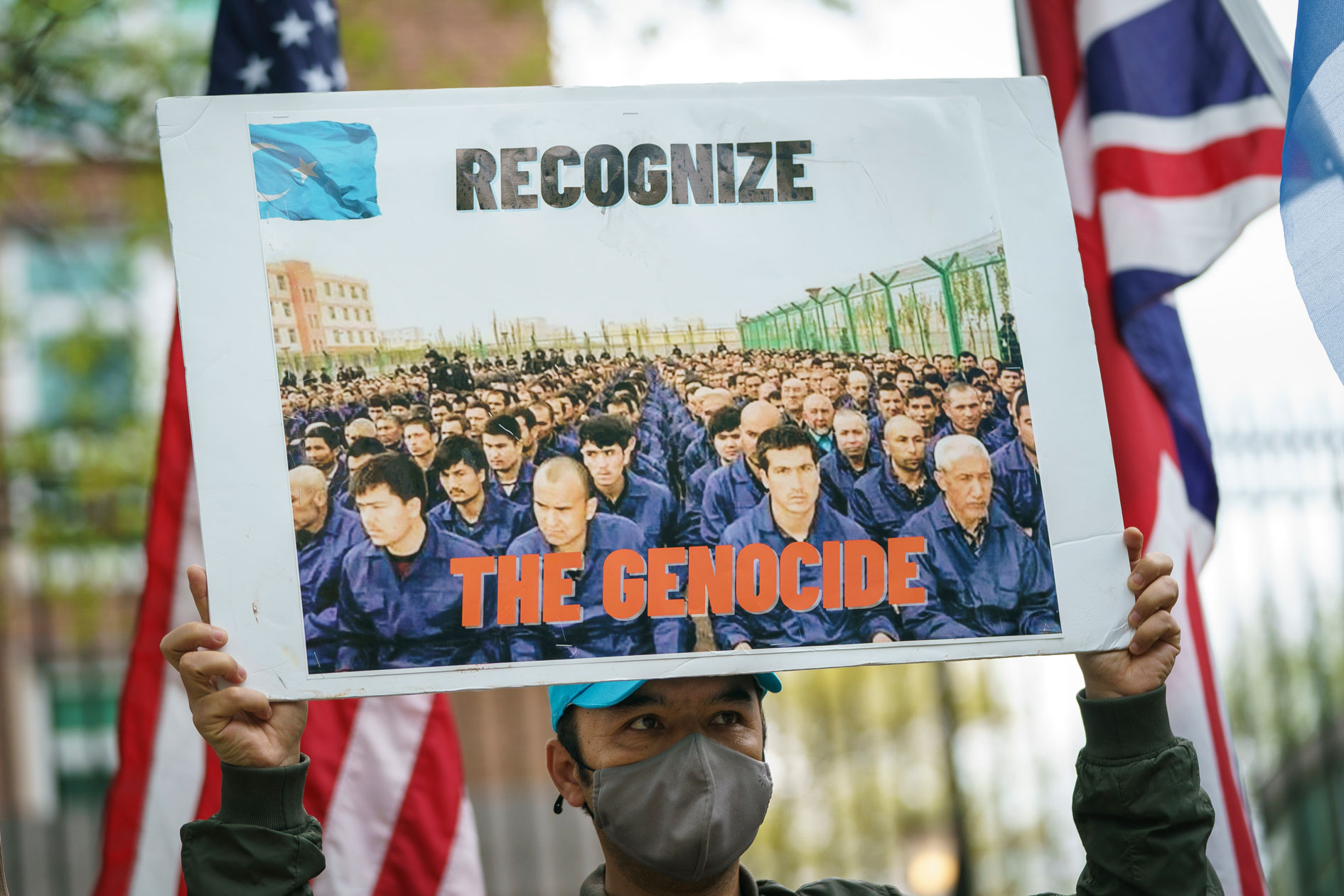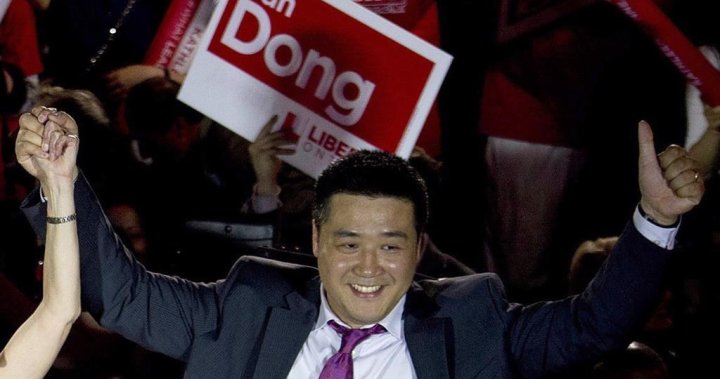“The cost of living is rising, so we’re making sure that wages keep going up too,” said Minister of Labour Seamus O’Regan Jr in a
statement. “We’re looking after workers, because that’s how you grow the economy and create more prosperity for everyone.”
The government adds that this raise aims to make life more affordable for approximately 26,000 Canadian workers who earn less than the current rate.
Federally regulated private-sector employers will need to adjust their payroll information with the new rate to ensure employees and interns are paid correctly as of April 1, says the ESDC.
If the provincial or territorial minimum wage rate is higher than the federal minimum wage, employers must apply the higher pay.
This wage increase applies to workplaces including banks, postal and courier services, interprovincial air, railroad, and marine transportation.
The last federal minimum wage increase was in April 2022.
This change comes as provinces and territories make moves to boost workers’ paycheques. Here’s a rundown on which spots in Canada
will and won’t be raising the minimum wage in 2023.
For more information on the federal minimum wage increase, you can check out the government’s
pay and minimum wage, deductions, and wage recovery site, or contact the Labour Program at 1-800-641-4049.






